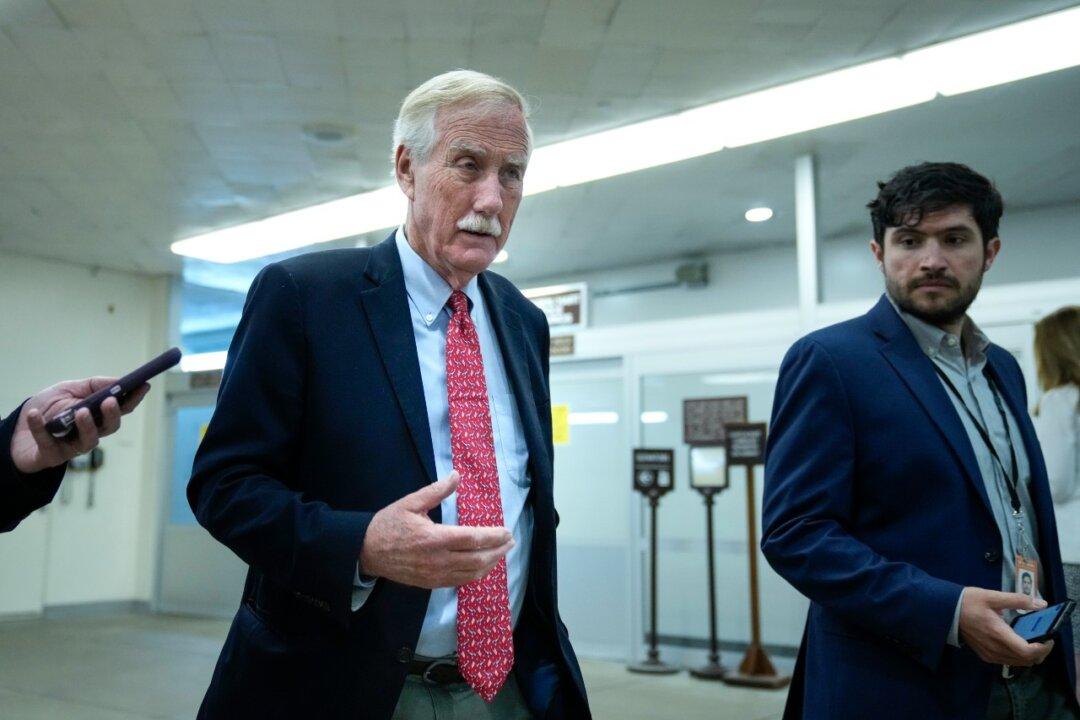Sens. Angus King (I-Maine), John Cornyn (R-Texas), and Tim Kaine (D-Va.) have introduced legislation that would establish a commission tasked with developing a comprehensive whole-of-government approach to the threat the communist regime in Beijing poses to the U.S. economy, security, and foreign relations.
A bipartisan group of 15 senators is co-sponsoring the effort to establish a China Grand Strategy Commission; they intend to add the measure as an amendment to the 2023 National Defense Authorization Act.




